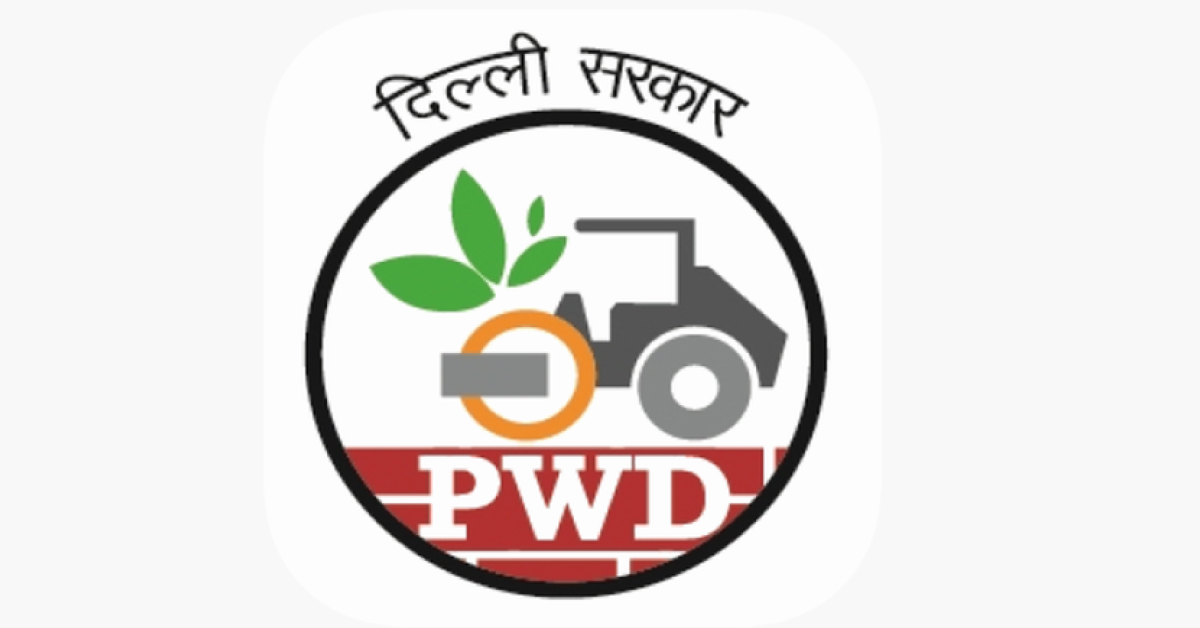The move comes in response to a broader advisory from the Ministry of Finance issued in June 2024, urging all central and state government departments, PSUs, and agencies to reconsider the inclusion of arbitration clauses in public procurement contracts. The advisory highlighted the increasing cost burden and lengthy delays associated with arbitration.
As per the new directive, “All future tenders/contract agreements shall not contain Clause 25 of GCC,” the office order reads. It adds that “the disputes, if any, shall be resolved only through the jurisdictional courts in Delhi.”
The policy revision has sparked widespread discussion in the legal and infrastructure sectors. Senior Advocate Gourab Banerji, President of the Arbitration Bar of India, criticized the development, calling it “very disturbing.” He expressed concern over what he termed a “vote of no confidence against arbitration by the Delhi government.”
The financial implications behind this decision are significant. According to the Ministry of Finance’s advisory, the National Highways Authority of India (NHAI) alone has over ₹80,000 crore locked up in arbitration claims—a staggering figure that underscores the economic strain such disputes impose on public funds.
Sources within the PWD confirmed that the new contract framework is intended to "reduce the financial exposure of the government and enhance accountability by ensuring judicial oversight.”
Experts in the infrastructure and legal domains have expressed mixed reactions. While some praise the move as a step toward transparency and fiscal prudence, others argue that the already overburdened court system may not be equipped to handle the surge in litigation from construction contract disputes. Legal observers also fear the move could reverse the progress made in promoting Alternative Dispute Resolution (ADR) mechanisms in India. Arbitration has long been seen as a faster and more specialized route for resolving technical disputes in public contracts. The absence of arbitration could potentially discourage private players from entering into large-scale projects with the government.
Nonetheless, government insiders maintain that “the decision aligns with national financial prudence goals,” especially in the wake of increasing criticism around “arbitration misuse in inflated contract claims.”
With this change, Delhi joins a growing list of state departments that are revisiting dispute resolution strategies for public works, signaling a shift in how government litigation is managed in India’s infrastructure sector.
Read The Judgment Here
keywords: Delhi PWD, arbitration clause, public contracts, dispute resolution, government litigation, construction contract disputes

